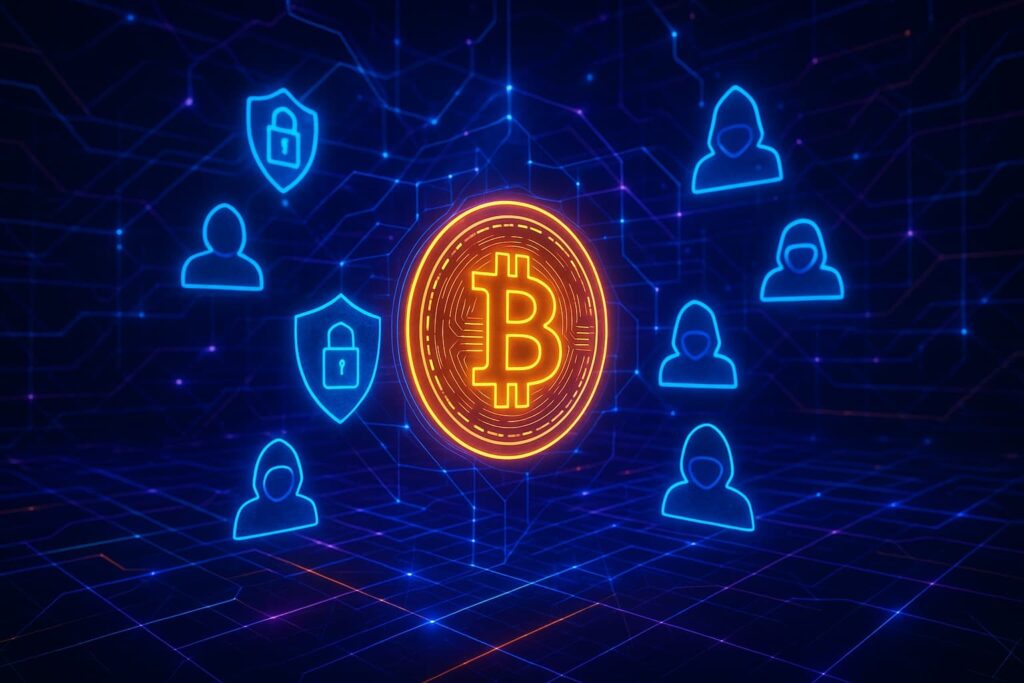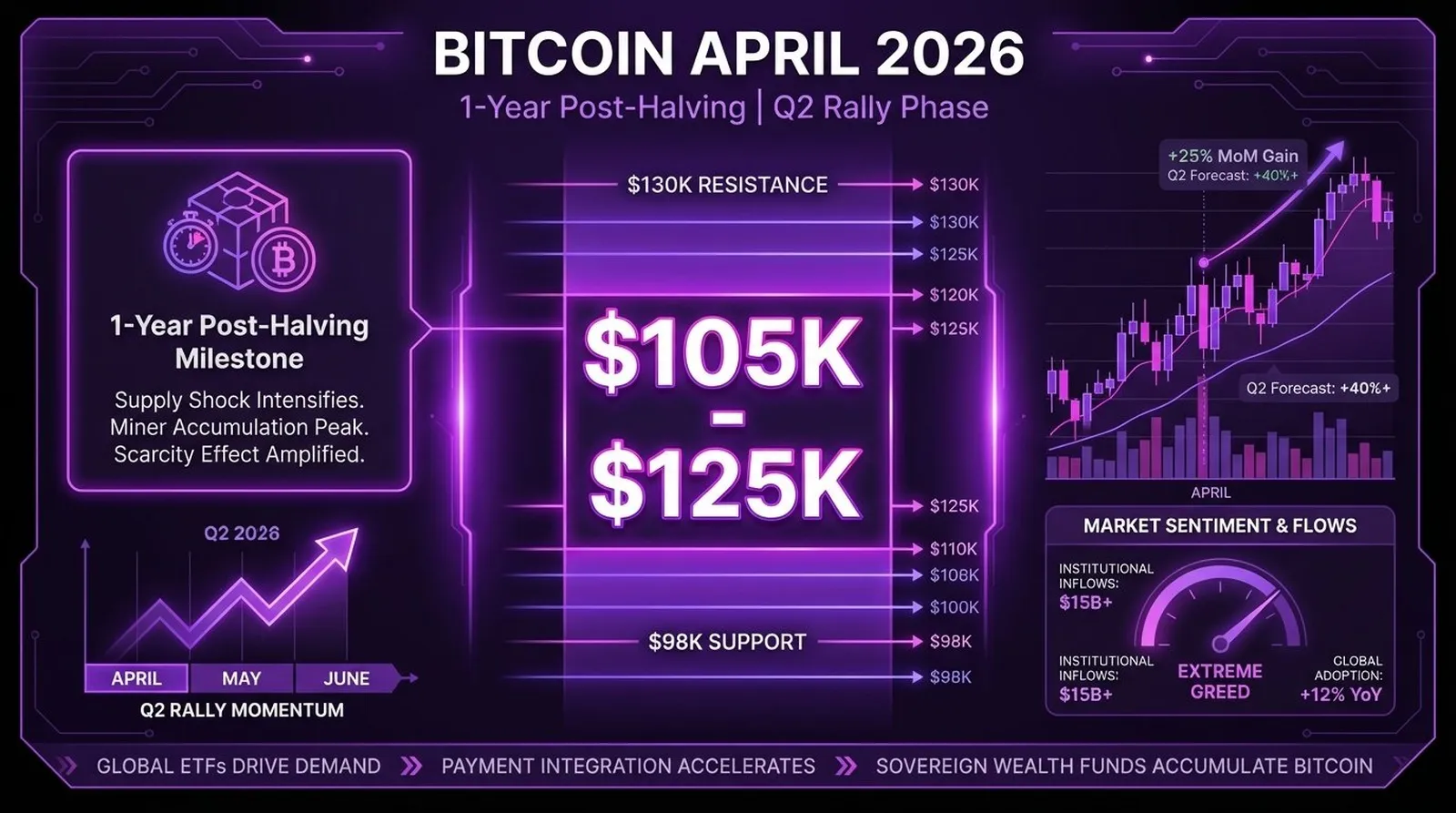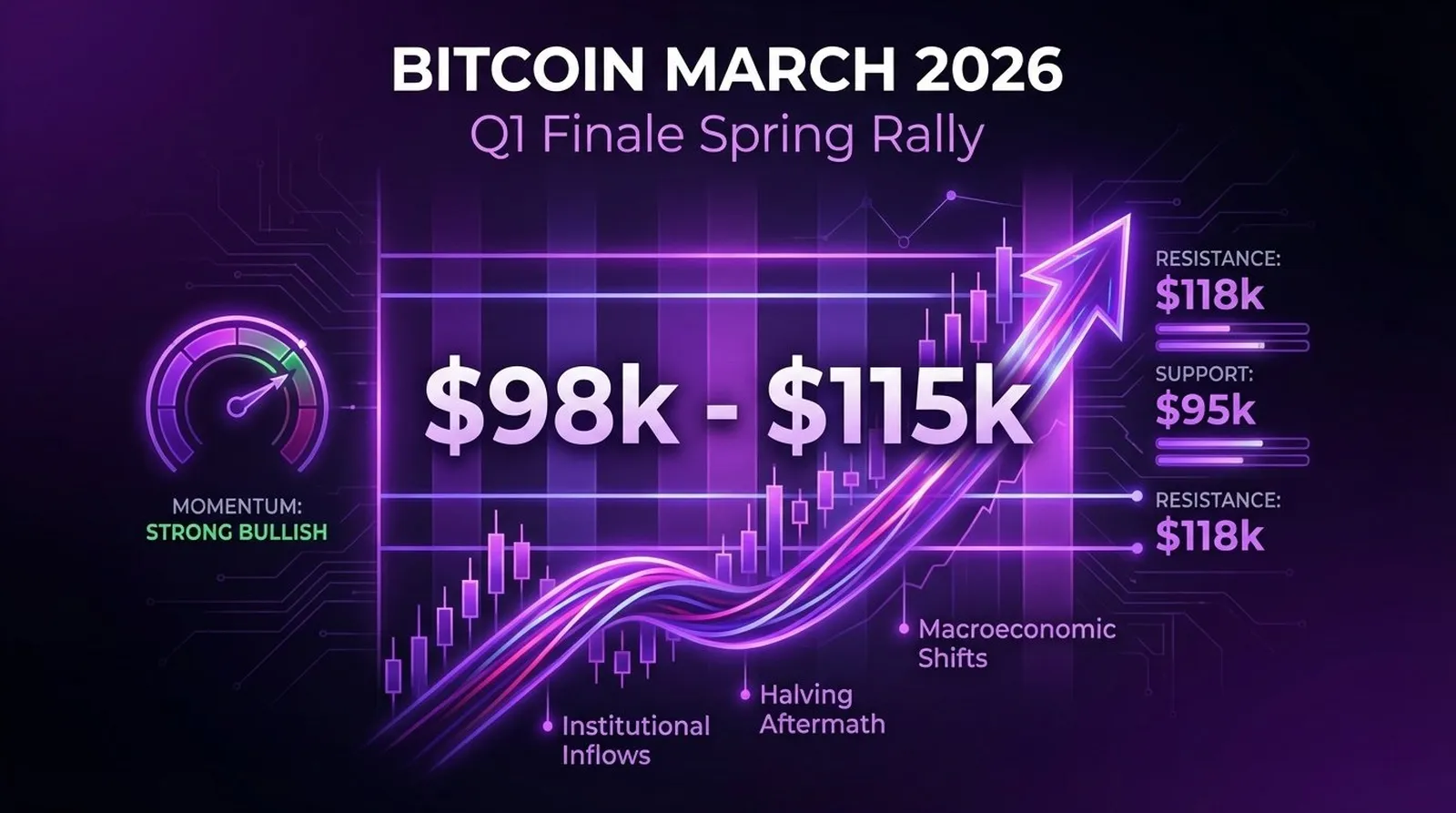This guide is part of the “Guide to Bitcoin” series.
Maybe you’re buying Bitcoin to invest in your financial freedom. Or maybe you’re trying to buy a vintage whiskey from a guy named “CryptoDave42” on a sketchy forum using only cryptocurrency and code names. We’re not here to judge. Whether you’re dodging data leaks, allergic to ID verification, or just really into financial privacy, this guide is for you.
Buying Bitcoin anonymously might sound like something out of a spy movie, but in today’s modern world, it’s actually a common practice. The good news is that you can do it anonymously without hiding in the woods, growing a beard, or wearing sunglasses all the time.
This guide offers simple, straightforward instructions for buying Bitcoin in greater privacy. Although Bitcoin is not completely anonymous, you can lessen the exposure of your personal information by using the appropriate tools, platforms, and techniques.
Table of Contents
| Disclaimer: The sole purpose of this article is education. It is your responsibility to comprehend and abide by the rules and laws in your jurisdiction pertaining to the purchase of cryptocurrencies, anti-money laundering (AML) regulations, and other financial laws. Each of the techniques discussed here has risks, including possible legal repercussions, and cannot guarantee complete anonymity. |
Bitcoin’s anonymity versus pseudonymity
Every transaction made with Bitcoin is permanently recorded and accessible to everyone on the blockchain, a public ledger. Bitcoin is pseudonymous, despite its initial appearance of anonymity. This implies that wallet addresses, which function as aliases, are linked to your transactions. These addresses are distinct and traceable, but they do not contain your true name.
All of your previous and upcoming activities can be examined and monitored if your wallet address is ever connected to your name. When people use centralized exchanges that demand identity verification, this connection frequently occurs. That address is associated with you when you deposit or withdraw Bitcoin from an ID-linked account.
Chain analysis is used in this situation to catch criminals and the like. Governments, law enforcement, and private companies use sophisticated tools to study blockchain data. They look for patterns in transaction flows, analyze connections between addresses, and cross-reference data from KYC-compliant platforms. If you didn’t take steps to protect your privacy from the start, it’s easy for someone to see all of your financial activities.
Bitcoin does not offer true anonymity by default. It offers a layer of separation between your identity and funds. This “layer” can be broken unless you actively protect it with privacy tools and smart behavior which we will go over below.
Pre-purchase checklist: Crucial privacy tools
Make use of a no-logs VPN
With a no-logs VPN, websites, internet providers, and exchanges cannot see your IP address or location. By using this tool, it is impossible to link your browsing habits to your true identity. Choose a VPN service that has been verified by a third party to not retain user logs.
To browse the web, use the Tor browser
Tor makes it very difficult for anyone to track your online activities by rerouting your traffic through a number of servers run by volunteers. It makes your connection more anonymous and is particularly helpful when using platforms that prioritize privacy. For increased security, use Tor in conjunction with a reliable VPN.
Create a wallet that is not custodial
You have complete control over your private keys with a non-custodial wallet, so no outsider can access or freeze your money. Advanced features like CoinJoin are available in privacy-focused wallets like Samourai Wallet and Wasabi Wallet.
Anonymous Method #1: Peer-to-peer (P2P)
What are P2P exchanges?
Peer-to-peer exchanges allow users to buy and sell Bitcoin directly with one another. They function similarly to a forum but the posts are in fact buy and sell operations.
These platforms do not hold your funds. Rather, they use escrow systems to facilitate trades, protecting both parties until the deal is finalized. From the beginning to the end, you have more control over the wallet, communication, and payment method.
Recommended no-KYC P2P platforms
Bisq
Running on your personal computer, Bisq is a decentralized application. No central server or registration is needed. Both the seller’s Bitcoin and the buyer’s security deposit are locked until the transaction is finalized using a multi-signature escrow system.
Dispute resolution is controlled by arbitration procedures and reputation scores. Depending on the offer, you can pay with cash deposits, bank transfers, or other means.
Hodl Hodl
A 2-of-3 multi-signature escrow is used by the online non-custodial platform Hodl Hodl. The platform owns one key, the seller owns one, and the buyer owns one.
No KYC is required, and payments are handled off-platform via bank transfers, cash, or stablecoins. If there’s a dispute, Hodl Hodl can step in with the third key.
RoboSats
RoboSats is a Tor-only platform that operates over the Lightning Network. It’s designed for maximum privacy. Trades are quick and accounts are temporary, meaning they disappear after each trade.
A small Bitcoin collateral is required to start, which is refunded upon successful trade completion.
Step-by-step: Buying Bitcoin on Bisq
- Download and install Bisq. Go to bisq.network, download the .exe file. The platform runs locally and connects via Tor by default.
- Set up your payment method. In the settings you can find how to top up. Bank transfer, Revolut, Zelle, and other options are supported depending on your region.
- Fund your Bisq wallet. To trade, you need to fund your Bisq wallet with a small amount of Bitcoin. This covers the security deposit and fees. You’ll need to already have some BTC to start. If you don’t, use an ATM or another P2P platform to get a small amount onto your Bisq wallet.
- Browse offers or create your own. You can look for existing offers or create a new one with your own price and terms. Offers are listed based on currency, payment method, account info, and price.
- Start a trade and follow the instructions. Once you find a suitable offer, initiate the trade. Both parties lock up their deposits in escrow. You’ll receive instructions on how to make the payment.
- Confirm payment and receive Bitcoin. The Bitcoin is released from escrow and placed in your wallet once the seller certifies that they have received your payment. If something goes wrong, don’t worry, Bisq has arbitrators on hand to step in.
Pros and cons of P2P trading
| Pros | Cons |
| High level of privacy with no need for KYC | Trades can take longer than centralized exchanges |
| Resistant to government censorship or centralized control | Risk of scams if not careful (escrow helps reduce this) |
| Multiple payment options, including cash | Less people trading, so large trades might be harder to fill |
Anonymous Method 2: Bitcoin ATMs
Locating a Bitcoin ATM that does not require KYC
The first step in using an ATM to purchase Bitcoin anonymously is to locate one that does not require identification.
Using a free service like Coin ATM Radar is a wise move. On there, you can look for machines in your area by using filters like “by Coins” or “Buy/Sell.” Depending on the purchase amount, many ATMs have varying levels of verification. You can avoid ID requests by staying below a particular limit, which is typically between $900 and $3000.
How to use an anonymous Bitcoin ATM
When you get to the ATM, select the “buy” option and look up the limits. After that, put money into your non-custodial wallet and scan the QR code. The Bitcoin will be sent straight to your wallet by the machine. If the machine asks for your phone number or any other identifying information, don’t enter it. If identification is asked for before the transaction is completed, you should be prepared to leave.
The drawbacks include costs and restrictions
Despite their convenience, Bitcoin ATMs have higher fees, usually ranging from 7 to 15 percent. Furthermore, anonymous purchases are frequently restricted to modest sums. ATMs are more appropriate for small, private transactions than for large investments because of these limits and fees.
Method 3: Anonymous After-purchase (coin mixing)
A coin mixer: what is it?
Tumblers, sometimes referred to as coin mixers, are privacy tools that cut off the direct connection between your old Bitcoin and the new coins you receive. Each participant receives a different coin of equal value after they have shuffled and pooled the coins of numerous users. This procedure makes it more difficult for chain analysis to track the funds’ origin and destination.
What’s CoinJoin?
A particular kind of cooperative transaction called CoinJoin combines your Bitcoin with other users’ in a single transaction. A single, sizable transaction with numerous outputs is created from everyone’s inputs. It becomes very challenging to identify which output corresponds to which input since all participants receive their coins back simultaneously.
CoinJoin is natively supported by wallets like Wasabi and Samourai, which let you mix coins right within the wallet interface.
Legal issues and risks
Using mixers can cause legal concerns in some countries. Even if you’re using them for personal privacy, some jurisdictions consider them to be suspicious money laundering tools. Coins originating from mixing services may be blocked or subject to investigation by centralized exchanges.
If you ever plan to send mixed coins to a regulated platform, be aware that they could be frozen, flagged, or rejected. Read the exchange’s policy regarding coin mixers before you attempt a transaction.
What to avoid for private Bitcoin purchases
- Do not use centralized exchanges that require KYC. These platforms link your real identity to your wallet and transaction history. Once you’ve submitted your ID, email, and bank account details, every transaction you make is tied to you forever. Many people find this out the hard way when they try to move coins to a privacy wallet and get hit with withdrawal limits, flagged transactions, or sudden account freezes. If privacy is your goal, skip the KYC platforms entirely.
- Avoid paying with a personal bank account, this creates a permanent record that can be matched to your Bitcoin purchase. A wire transfer or even a Revolut payment can be traced by banks, flagged by compliance teams, and requested by regulators. Some people who tried to buy on P2P platforms with their personal bank accounts have had their banks ask intrusive questions, delay their transactions, or even close their accounts. If you’re serious about staying off the radar, don’t use accounts that carry your real name or financial history.
- Never send Bitcoin from a private purchase directly to a custodial exchange wallet. Doing so connects your private coins to a public, regulated platform that already knows who you are. This completely defeats the purpose of buying anonymously. The better move is to send your Bitcoin to a non-custodial wallet that you control, wait, and then decide if you want to use mixing tools or split up the funds before taking the next step.
Once a connection is made, you cannot undo it. Take control early, or lose future privacy forever.
Privacy is a habit, not a one-time action
Privacy with Bitcoin isn’t something you stumble into. It’s something you constantly strive for. Ask anyone who’s tried to clean up their digital trail after using a KYC exchange. The moment you upload your ID or verify your phone number, it’s like lighting a flare in the middle of the blockchain. That mistake sticks with you.
Most people turn to privacy after they have been burned. Maybe a flagged withdrawal. Maybe a frozen account. Maybe just the quiet realization that someone else is watching. We all come to the point when it becomes clear how important privacy is.
Peer-to-peer exchange trades offer more than convenience. They offer self-reliance. Bitcoin ATMs may have their limits, but they also give you something rare in finance today – privacy. CoinJoin does not just mix coins, it gives you a clean slate to move forward with fewer fingerprints left behind.
Anonymity is not about being paranoid. It is about being prepared for anything. Every step you take, from the connection you use to the wallet you choose, either protects your freedom or hands it away. If you are ready to stop leaving traces behind, start here with a secure and trusted platform.
Frequently Asked Questions
Is it possible to track down someone who purchases Bitcoin?
Yes, the public blockchain contains records of every Bitcoin transaction. Any wallet address’s transaction history is accessible to anybody. Depending on how you obtained the Bitcoin, how you store it, and what privacy precautions you take after the purchase, those transactions may or may not be linked to you. Tracing is made much simpler if using KYC exchanges, reusing addresses, or connecting your wallet to a known identity.
Is it possible to be totally anonymous using Bitcoin?
Not entirely. Although complete anonymity was never intended for Bitcoin, it can become very challenging to track down with the correct strategy. You can significantly lower your exposure by using the tools and safe browsing techniques we discussed above. How consistently and wisely you use the tools is just as important to anonymity as the tools themselves.
Are IDs required at Bitcoin ATMs?
Some do, particularly if you want to make a big purchase. Nonetheless, a lot of machines don’t require identification for smaller cash purchases. Keep your purchase below the point at which identification becomes required in order to maintain your anonymity. Look for machines that expressly state “No ID required” or “No Verification.”
Is there a Bitcoin wallet that is anonymous?
With features like CoinJoin integration and Tor routing, wallets like Samourai and Wasabi are designed with privacy in mind.
But by itself, no wallet is completely anonymous. You must combine the appropriate wallet with the previously mentioned good habits in order to keep your privacy. An anonymous wallet is only as private as the person using it.

Steve Gregory is a lawyer in the United States who specializes in licensing for cryptocurrency companies and products. Steve began his career as an attorney in 2015 but made the switch to working in cryptocurrency full time shortly after joining the original team at Gemini Trust Company, an early cryptocurrency exchange based in New York City. Steve then joined CEX.io and was able to launch their regulated US-based cryptocurrency. Steve then went on to become the CEO at currency.com when he ran for four years and was able to lead currency.com to being fully acquired in 2025.




